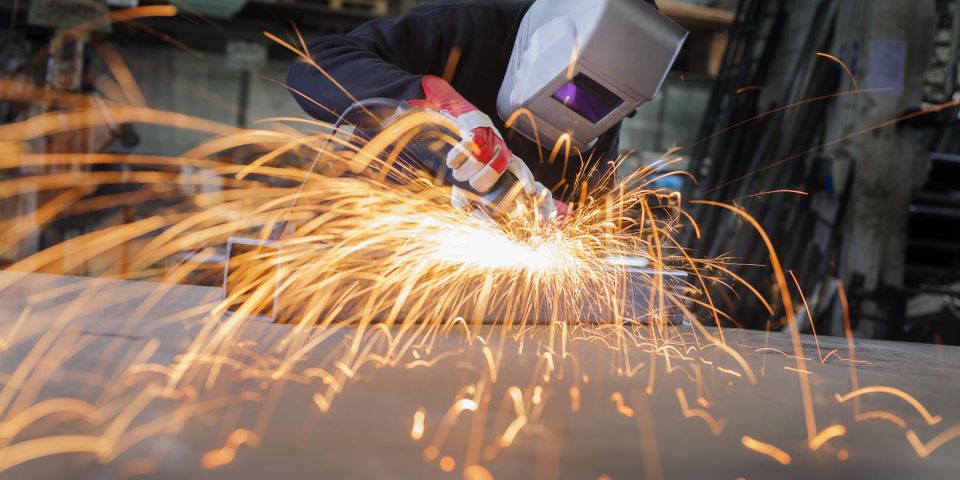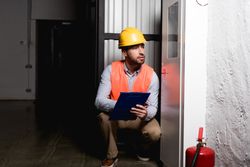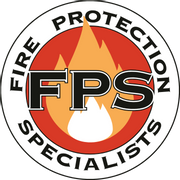A Guide to Fire Safety for Hot Work

Hot work refers to activities that produce heat or sparks near combustible materials. Welding, soldering, torch cutting, brazing, and thermal spraying are some examples of hot work, which can lead to fires without proper fire safety maintenance. Here’s what to know about the hazards involving this type of job and how to stay safe and up to code.
How Hot Work Fires Happen
All hot work operations are hazardous because of the underlying possibility of fires and explosions. About 4,000 fires started by this type of job happen every year, resulting in casualties and property damage.
For a fire to start and continue burning, it requires oxygen, fuel, and ignition, all of which are provided by hot work. Fuel is anything that feeds flames, and can range from flammable liquids, like solvents and paint, to combustibles such as paper, lumber, and fabric.
On the other hand, ignition sources can be the hot work itself or the indirect application of heat via conduction on a metal surface. Whenever sparks or flames fly and land on a nearby fuel source, it can lead to a fire.
What Safety Precautions to Take
Your best line of defense against fire hazards is taking the necessary precautions before starting a job. These include:
-
Obtaining Permits and Clearance: Performing hot work requires permits from the local fire department. Before issuing one, the agency will conduct inspections to ensure safeguards are in place and suggest additional protective measures for further risk reduction.
-
Implementing Strict Protocols: Remind everyone to follow the set protocols strictly. Employees have to be aware of the hazards surrounding the work and the consequences that come with deviating from the rules.
-
Remaining Vigilant: Before starting a project, make sure there are no flammable and combustible materials in or near the area. Always be on the lookout for potential heat or energy sources and take steps to minimize or eliminate them.
-
Practicing Fire Safety Maintenance: In hot work zones, this can save lives. Schedule inspections and testing for all safety equipment at least once a year, or according to guidelines set by the National Fire Protection Association.
In an environment where hot work happens, fire safety is paramount. For top-notch fire safety maintenance and installation, turn to the experts at Fire Protection Specialists in Bangor, Eau Claire, and La Crosse, WI. They provide quality commercial fire suppression systems, including extinguishers and alarms. Learn more about their work online or call (800) 658-9463 to schedule an inspection.
About the Business
Have a question? Ask the experts!
Send your question

